Two of the most popular political ideas in the U.S. right now are expanded immigration and socialism. While on the ground in Havana it struck me that maybe Cuba provides a good laboratory example. The native population, e.g., the Taíno, contributed the city’s name and then were promptly disposessed of their land and wiped out by waves of immigrants. The current government doesn’t seem to think that this was a positive example of the benefits of immigration and therefore citizenship is apparently generally unavailable except via birth to existing Cuban citizens (source).
How about socialism? On the positive side of the ledger, the crime rate in Cuba is low. Havana is considered safe and walkable at all hours. Other than mojitos, drugs are illegal and do not seem to be prevalent either for consumption or buying/selling. Our guide told us that there was essenetially no drug crime. There are plenty of neighborhoods in San Francisco that are far scarier.
As with most U.S. cities, the road and highway infrastructure dates primarily from 1900-1960. Unlike most U.S. cities, however, the infrastructure is adequate to meet current demand (background). I visited on a typical working Monday and traffic flowed smoothly on all major arteries. If you have enough money to afford a car or taxi ride, you can realize the freedom of movement that car proponents envisioned circa 1900. (If you don’t have the funds for a private car, bus rides are available for roughly 2 cents each and, in a formerly classless society, there are first classes buses with guaranteed seats and A/C available at a premium price.)
Guides we listened to expressed a belief that the expropriation of foreign-owned assets had been a mistake and that the consequent trade rift with the U.S. was unfortunate. However, they pointed out that every country has its problems and that Cubans are happy (outranking Americans in some ways; see Cato for an analysis/complaint). Our main Havana guide expressed satisfaction with the free health care system, which had also provided her with braces at no cost (the CIA says that life expectancy at birth in Cuba is about the same as in the U.S., despite our spending far more on health care than the Cubans spend on their entire lives). She expressed admiration for entreneurs who had set up restaurants and encouraged us to patronize these private establishments, but did not seem to question the overall idea of socialism and central planning. She wanted a richer welfare state (Sweden circa 1975?), not a Hong Kong-style free market state. (Government services continue even after death in Cuba; our guide to the cemetery explained that transportation to the cemetery is free, as is the coffin and burial. “The family pays only for flowers.”)
[How do some people in a society that rejects capitalism amass sufficient capital to open a restaurant? Our guide said that she suspected most of the cash was coming from US- and EU-based relatives of Cuban residents. “A lot is happening under the table.”]
The transition to a partially private economy does not seem to be going smoothly. A fellow passenger who was in Cuba two years ago on a land-based (Afro-themed) tour with Dr. Runoko Rashidi said that she had noticed an increase in litter, prices, and older Cubans expressing fears about being targeted for street crime if they were seen to receive convertible cash (“CUC”) from a tourist. She thought that the country was going downhill.
Kids, at least, seem to enjoy themselves despite the lack of Xbox and iPad. We saw 10-year-olds thoroughly entertained with only a large log to roll around on. Teenagers were seen talking to each other rather than absorbed in devices (since they don’t have devices!). Helicopter parenting is unpopular, which led to some disturbing scenes of children running into traffic and drivers swerving to avoid them.
All of our guides used the opportunity of having an audience of American voters to plead for a normalization of relations with the U.S. Obama visited in 2016 and Coolidge in 1928 (Guardian), but Cubans feel ignored by their powerful neighbor to the north. They would rather be connected to the U.S. Internet than have to go via Venezuela for their video chats with relatives and friends living abroad. The U.S. is inscrutable from a Cuban point of view. Fidel is dead. Raúl Castro is retired to the south (but Wikipedia shows him as still in power?). Why can’t the U.S. forgive Cubans for events that happened before most of today’s Cubans were even born? (And, indeed, the worst problems can perhaps be attributed to American military incompetence, e.g., the Bay of Pigs invasion plans being redrawn by President Kennedy and his advisors.) Cubans suspect lobbying by Cuban-Americans who harbor continuing resentment from the confiscation of their property so many decades ago. (One guide threw in that he couldn’t understand the lobbying power of the NRA. Maybe an American gun nut will one day take him to the range to show him just how much love there is for firearms!)
It does seem tough to explain the continued trade embargo. As the guides note, Cuba is not perfect. However, they’re not threatening neighbors with nuclear weapons, they’re not allied with a major U.S. enemy, they don’t oppress citizens on the basis of race, religion (except for Jehovah’s Witnesses), gender ID, or sexual preferences (the country is on track to provide same-sex marriage; compare to 72 countries in which homosexual acts are illegal (Guardian)). Given our current standards of virtue, what makes Cuba obviously right near the top of the list of the world’s worst nations?
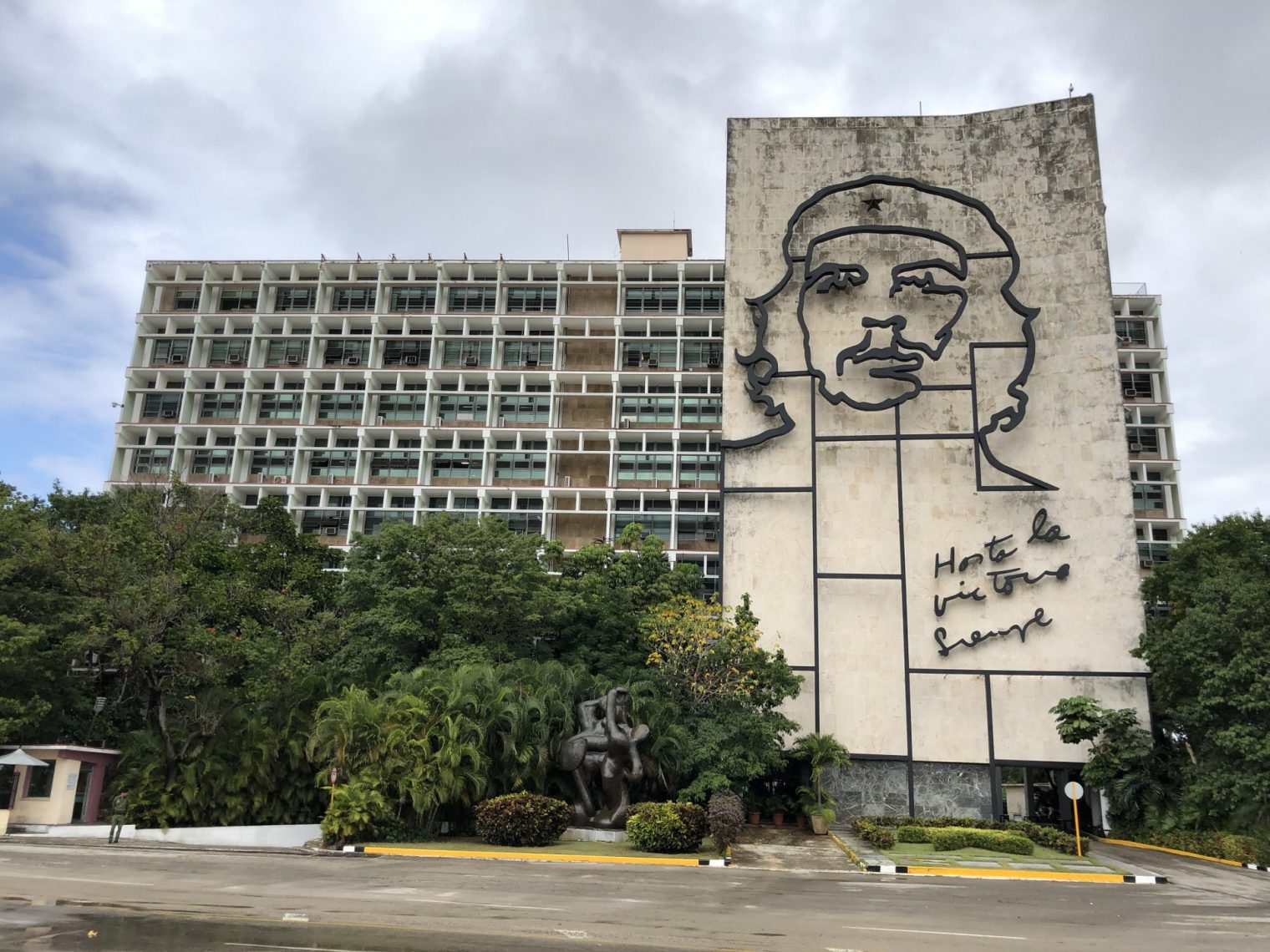
Facebook post from Havana: “Friends asked me to take some photos of the cars here, so I did.”
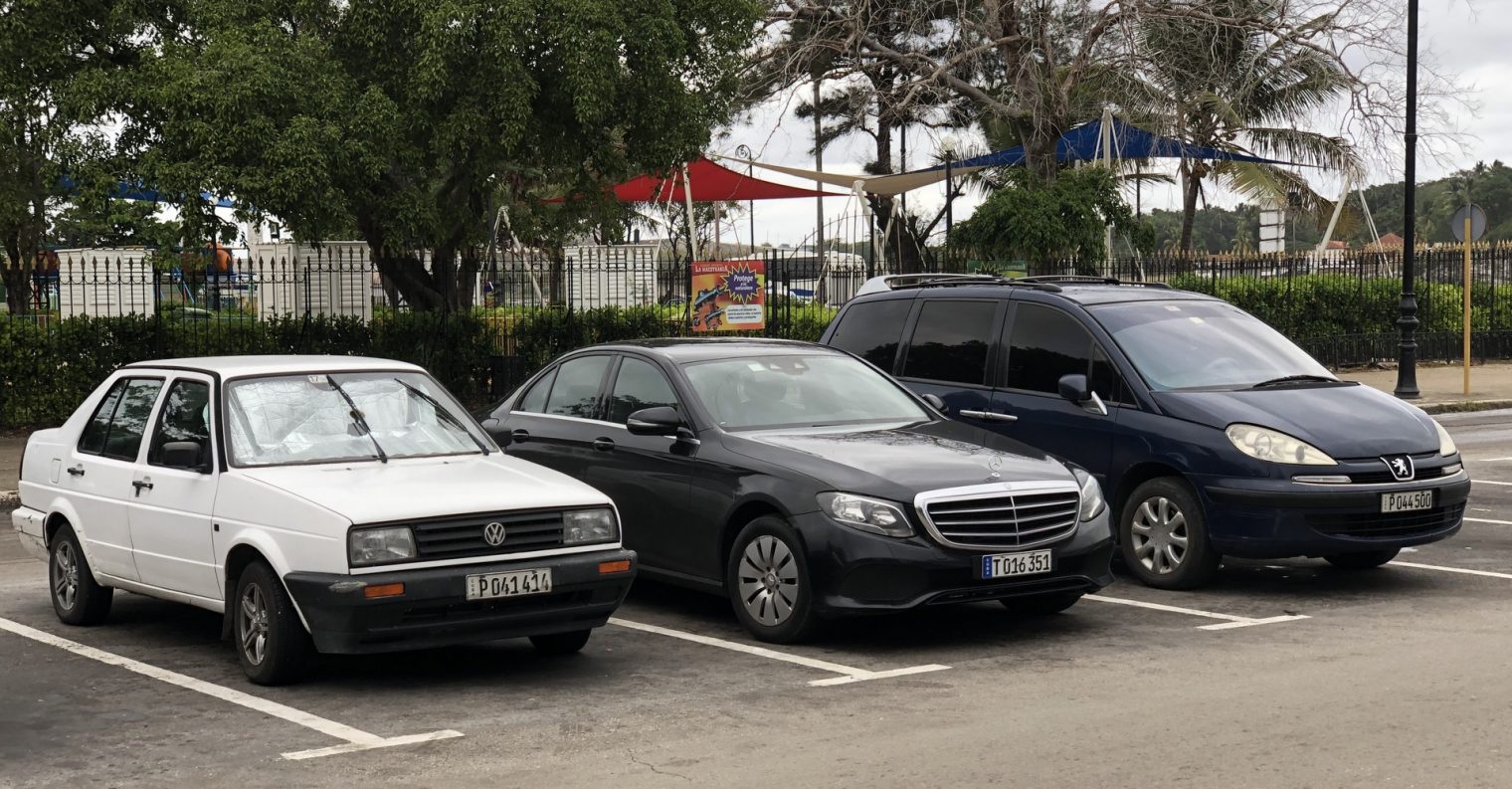
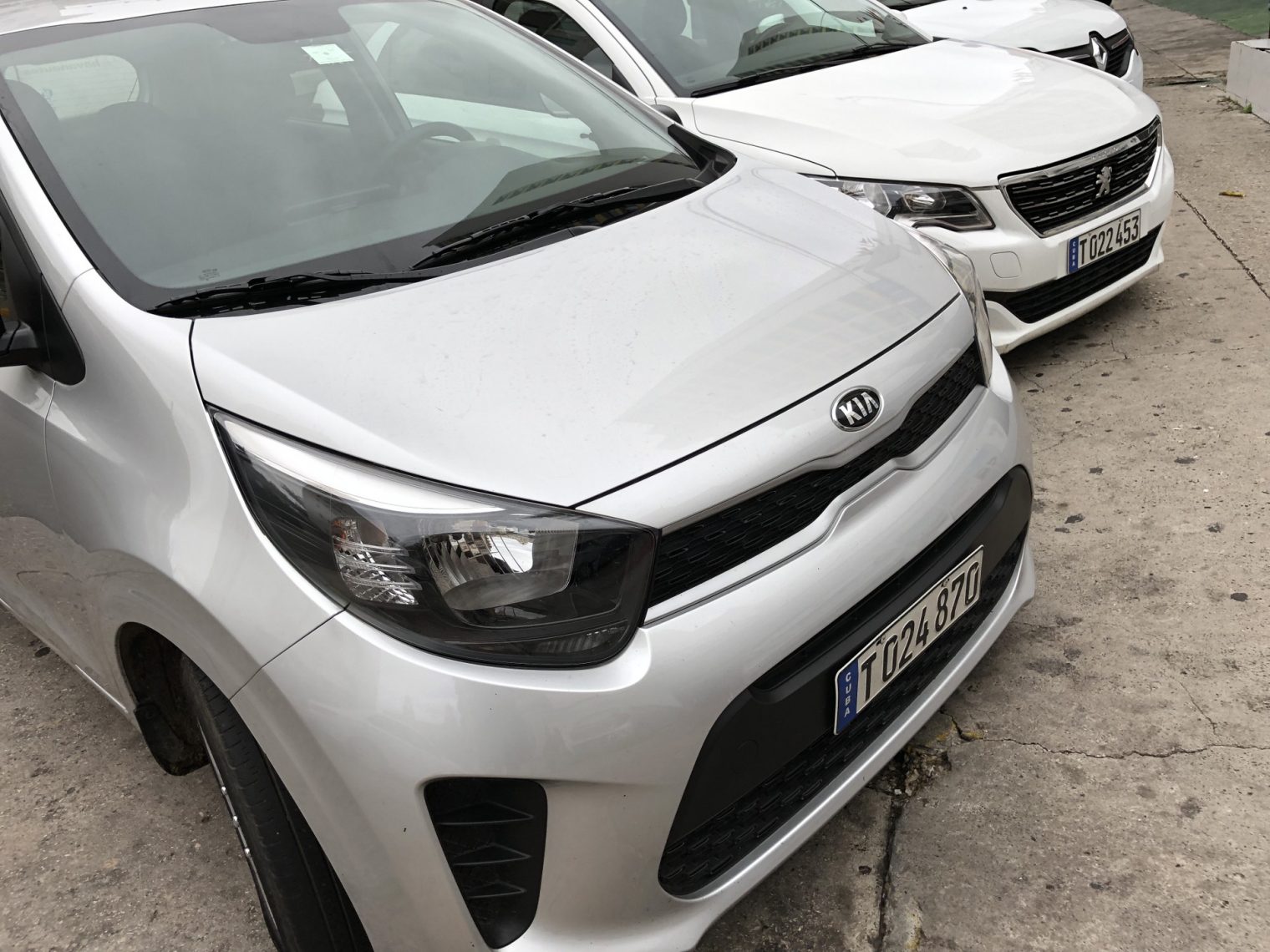
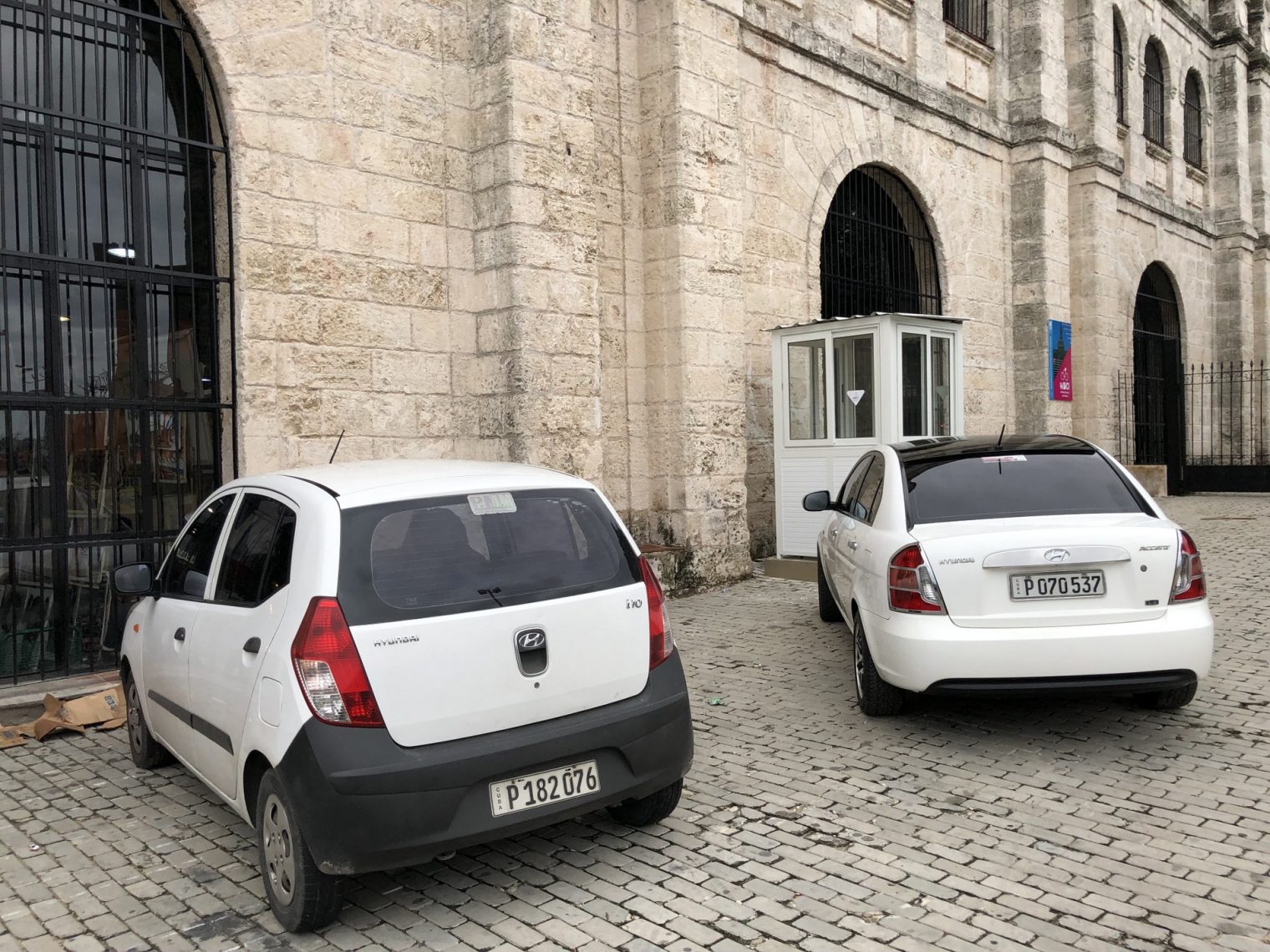
Summary: “Immigration in Cuba killed all of the natives. Socialism killed all of the buildings.”
Related:

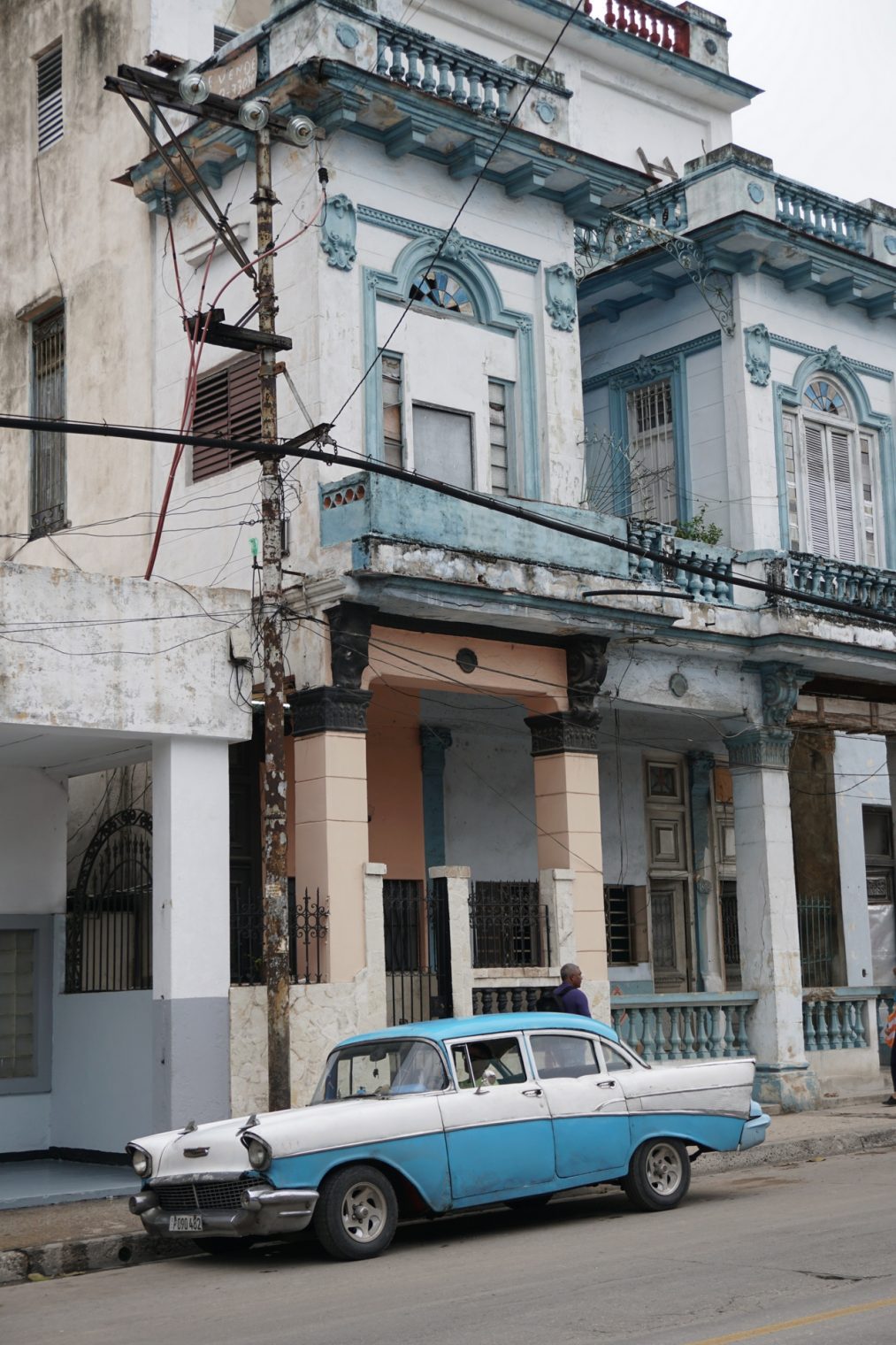
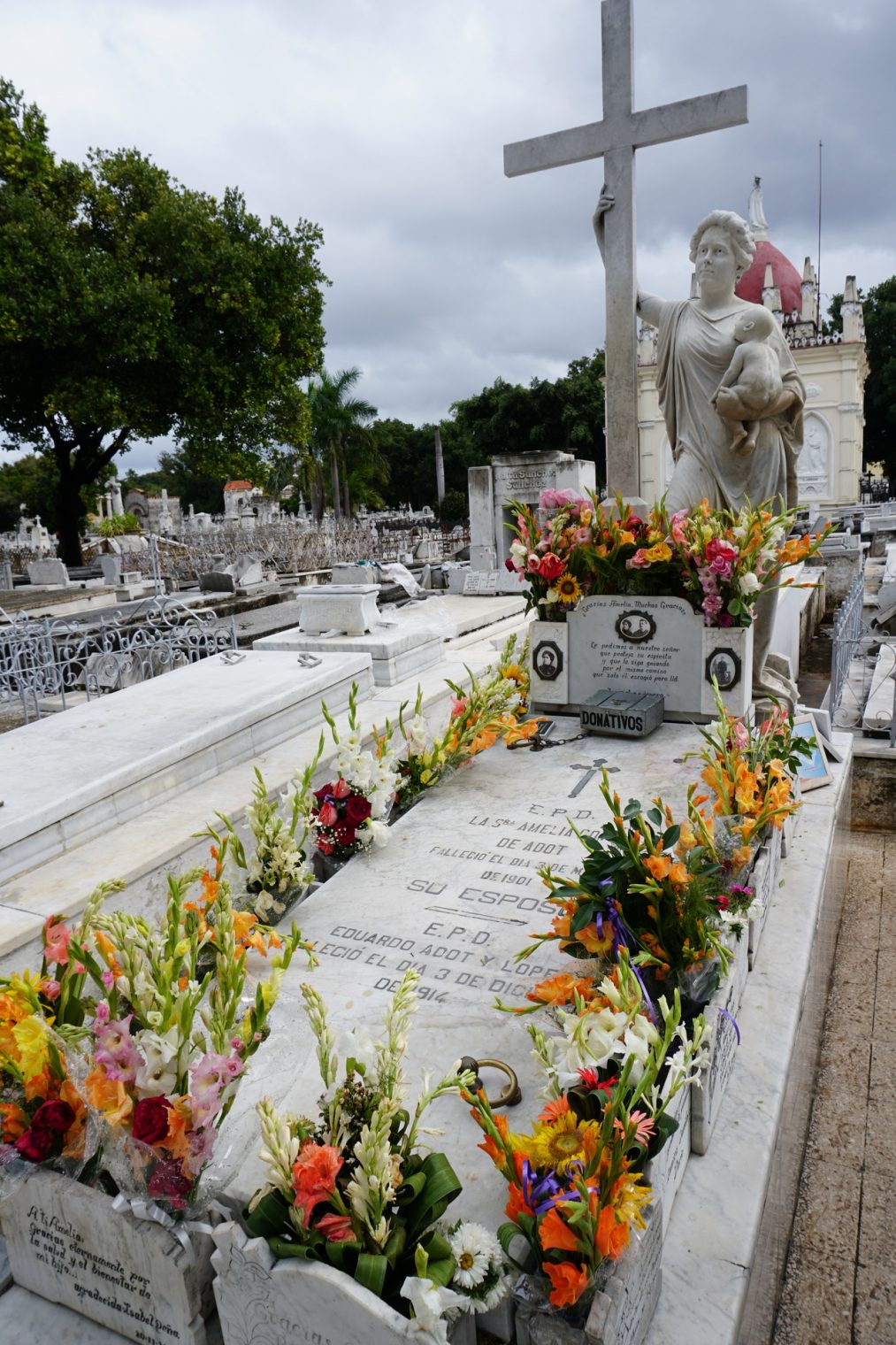
Never heard of socialism as a tool for lowering crime. Sounds like Calif* in that everyone votes for socialism but the real economy is capitalism under the table. When people want photos of Cuban cars, they’re talking about 57 Buicks.
> Havana is considered safe and walkable at all hours.
A friend visiting there saw the authorities drag a man into the street and shoot him in the head for everyone to see. I’m not sure I like their approach to keeping streets safe (and/or dealing with political dissent).
IIf you replaced “Cuba” with “North Korea” the article would make similar sense except for the stuff about the mojitos.
Did you have any trouble or seemingly unsafe experiences? I considered traveling but saw something on the US travel advisory website about possible attacks with the US embassy. I think it might have been a level 3 advisory in the past but is now level 2.
It is tough to get into trouble when you’re on a cruise. The cruise lines and their insurance companies will eliminate ports at the first hint of risk. Remember that the ship is an expensive asset ($200 million to $1.5 billion? See https://themusterstation.com/cruise-ship-cost-to-build/ ). https://en.wikipedia.org/wiki/Cartagena,_Colombia was scratched from itineraries for a few years. Maybe the best way to know if a city is reasonably safe is simply to ask whether cruises stop there!
Cuba is certainly far safer than American cities such as Detroit, Baltimore, and New Orleans. Unfortunately, Cuba is not a signatory to the UN conventions and protocols regarding refugees. Therefore it is impractical for a resident of Baltimore, for example, to claim asylum in Cuba based on a fear of gang violence or domestic violence at home.
There have been a number of attacks against American Embassy personnel using some sort of unknown sonic or microwave weapon which has literally fried their brains. It’s not clear what is going on – is it rogue hard line elements within the Cuban security services who don’t want an opening with the US? Is it being driven by Raul Castro himself, saying one thing but doing another? Is it the Russians or the Chinese? Was the intention just to listen in but the brutes running the bugging operation inadvertently turned their beams up to brain frying level, perhaps due to some kind of “constructive interference” between two (or more) radio transmitters? No one really knows but a number of US Embassy personnel have suffered permanent health effects.
However, it’s unlikely that tourists would be the target. However, some of these attacks have occurred in hotel rooms and there’s a small possibility that the brutal but incompetent security services could decide that you are a spy and target your hotel room with the brain frying machine.
From your background article on Havana traffic:
“Today Havana has an opportunity to lead. In some important ways, Cuba has been decades ahead of the rest of the world.”
God I hope and pray that’s not true and that our future doesn’t look like Cuba’s recent past.
American Leftists have been looking at totalitarian dictatorships (of the Leftist variety) with rose colored glasses ever since the Russian Revolution. “I have seen the future and it works!” They see only what they want to see – Havana has a wonderful “pedestrian culture”. “Social inclusion” is not a problem because everyone is equal. Never mind it’s because the socialist economy is completely dysfunctional and everyone (well maybe except for a few government officials) is equally POOR – at least that way there’s no class envy.
In the link, you see that the Malecon was already crowded with cars in the 1920s – more cars than you would see in Havana now. Cuba was the richest country in the Caribbean. It was Las Vegas before Las Vegas. Sure there was inequality but if the Revolution had not prevailed, by now even the poorest Cubans would be richer than the richest Cubans today (excluding the Castro family, who live like billionaires with private islands, etc.).
Jack: The problem with socialism is that it hasn’t been given a fair chance. Since Americans are the smartest and wisest people on Earth, our implementation of socialism would surely be a wonderful thing to behold.
Our own CIA seems to think that Cuba is doing pretty well economically under socialism. https://www.cia.gov/library/publications/the-world-factbook/rankorder/2004rank.html shows that Cuba’s per-capita GDP is about 75 percent that of the Dominican Republic, for example. I am not sure how anyone can come up with an accurate number for Cuba, though, since the salaries and prices (for rent, food, health care, and other staples) are both artificially low (and state-set).
I hate to think that the CIA could get it wrong…
But circling back to the trade embargo, Cuba definitely has room for improvement. But should we boycott them? They suppress political dissent? Try wearing an MAGA hat into work at Google or Facebook and see how long your job lasts! The U.S. has freedom of political speech… for those who don’t need to work. Consider https://en.wikipedia.org/wiki/Kelvin_J._Cochran for example, or James Damore (the Google Heretic). I’m not saying that I would rather live in Cuba than in the U.S., but what is the standard for a trading partner? If we are supposedly boycotting any country less virtuous than the U.S. and currently we only boycott two or three countries, does that mean we’re near the bottom of the virtue list?
OK – this is a partial, and I mean, not comprehensive comment.
I don’t have much doubt that greed has a great deal to do with running up prices for Americans in terms of health care, but we have a lot of wealthy people to support – and they’re not interested in being very poor, or close to poor, or even within a few hundred miles of poor, at all. You’ve already taken pictures of what the houses of hedge fund managers in Greenwich CT look like, and they talk to doctors quite often.
Recreational marijuana is legal in Massachusetts. I wouldn’t want to fly around Jet Ranger with you smoking it, though. Plus, they’re 1.5 million dollars, and I wouldn’t be able to afford the gas to fly my rear end around in one.
But anyway, my feeling about Cuba is this, in a nutshell: When any of the Cuban people can fly in and out of there without undue government interference in a new Bell Jet Ranger, we’ll talk more, and in the meantime maybe we should lobby Raul:
https://www.royalqueenseeds.com/blog-cannabis-in-cuba-n159
Did you ask them about why so many Cubans were trying to flee and risking it to be gobbled up by sharks? Another point of contention would be the fate of those who said something that the maximum leader and his party didn’t like.
when you ignore these minor issues then everything is fine, sort of.